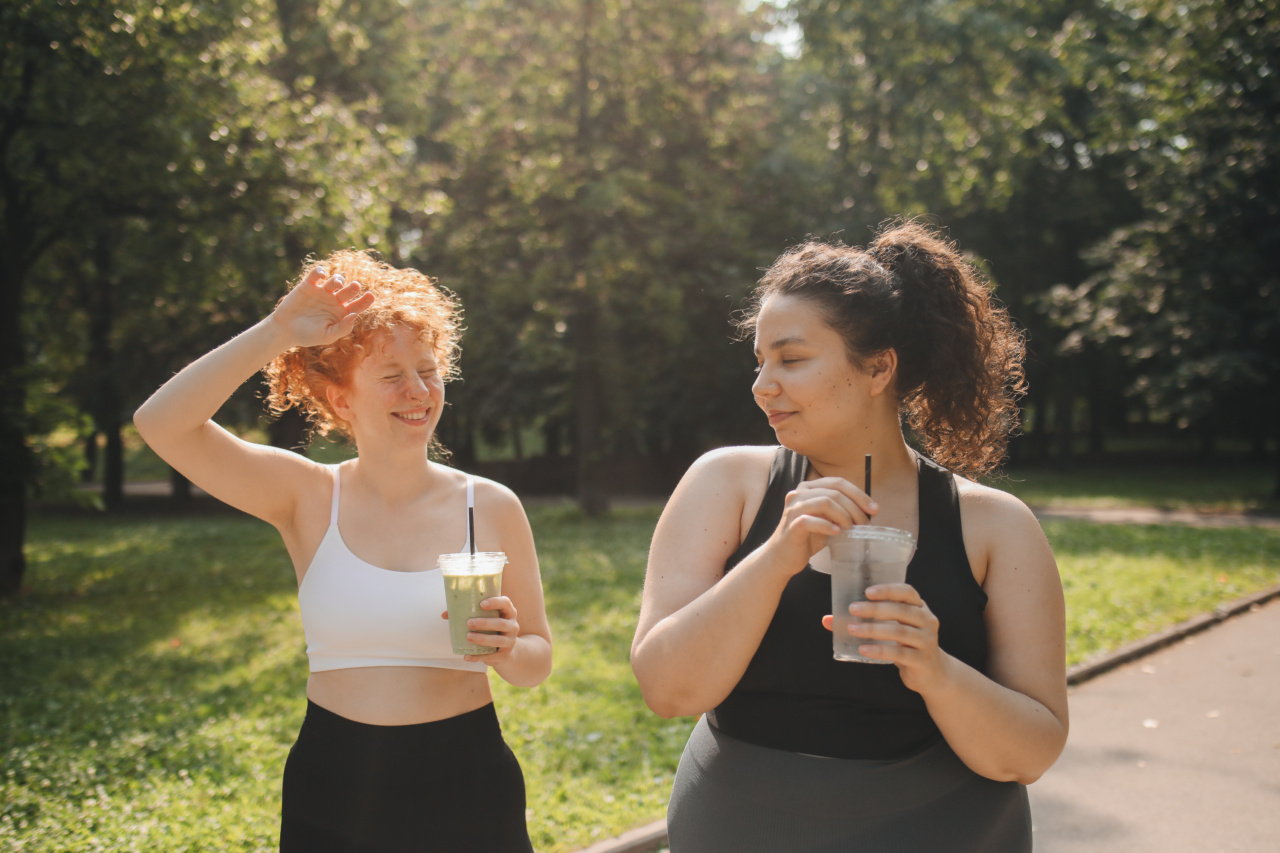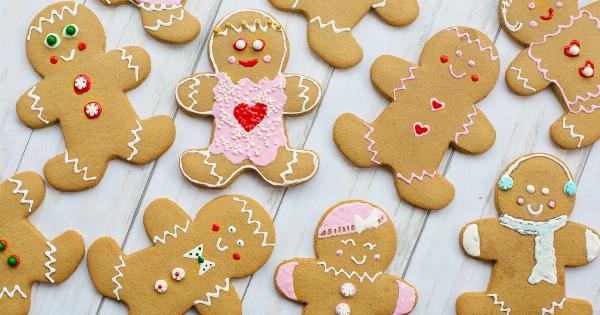High blood pressure, also known as hypertension, is a common health condition that affects millions of people worldwide.
While certain factors such as genetics, age, and obesity can significantly contribute to high blood pressure, it’s important to note that our lifestyle choices, including what we consume, also play a crucial role in maintaining healthy blood pressure levels. In this article, we will explore some beverages that can contribute to elevated blood pressure during periods of rest.
1. Sugary Soft Drinks
Sugary soft drinks, often loaded with high-fructose corn syrup or other artificial sweeteners, are known to be major contributors to hypertension.
Regular consumption of these beverages can lead to weight gain and increased insulin resistance, contributing to higher blood pressure levels. Substituting these drinks with healthier alternatives such as sparkling water or unsweetened herbal tea can be beneficial for blood pressure control.
2. Energy Drinks
Energy drinks have gained popularity in recent years due to their stimulating effects. However, these drinks often contain high levels of caffeine and sugar, which can raise blood pressure levels, especially during times of rest.
Caffeine is a known vasoconstrictor, meaning it narrows blood vessels and increases blood pressure. Consequently, avoiding or limiting energy drink consumption is important for individuals with hypertension.
3. Alcoholic Beverages
While moderate alcohol consumption can have some health benefits, excessive drinking can have detrimental effects on blood pressure. Alcohol acts as a vasodilator, causing blood vessels to expand and resulting in lowered blood pressure initially.
However, chronic and heavy drinking can increase blood pressure over time. It is important to consume alcohol in moderation and be mindful of its impact on blood pressure.
4. Coffee and Caffeinated Beverages
Coffee, tea, and other caffeinated beverages are widely consumed around the world. While moderate consumption of caffeine does not significantly affect blood pressure levels, excessive consumption can lead to temporary spikes in blood pressure.
Additionally, regular caffeine intake can lead to tolerance, where higher amounts are needed to achieve the same effects. If you have hypertension, it may be wise to limit your caffeine intake.
5. Sports and Energy Drinks
Sports and energy drinks are often marketed to athletes and individuals with an active lifestyle. However, these drinks often contain high levels of sugar, sodium, and caffeine.
The combination of these ingredients can contribute to elevated blood pressure levels, particularly during periods of rest. In most cases, plain water is the best choice for staying hydrated without any negative impact on blood pressure.
6. Bottled Fruit Juices
While fruit juices may seem like a healthy choice, many bottled varieties contain added sugars and preservatives. These additional ingredients can contribute to weight gain and increased blood pressure.
Whole fruits are a better option as they retain the natural fiber and nutrients, whereas bottled juices lack essential fiber while having concentrated sugar content. Opting for freshly squeezed or whole fruits is a healthier alternative.
7. Sweetened Iced Tea
Iced tea can be a refreshing beverage but be cautious about sweetened versions. Similar to soft drinks, sweetened iced tea often contains high amounts of sugar or artificial sweeteners that can negatively impact blood pressure.
Opt for unsweetened iced tea or brew your own tea and add natural sweeteners like honey or a splash of fruit juice.
8. Flavored Water with Added Sugar
With the increasing popularity of flavored water, it’s important to read the labels. Some flavored waters may contain added sugars, which can contribute to elevated blood pressure levels.
Instead, opt for naturally flavored water by infusing it with slices of fruits or herbs for a refreshing and healthy alternative.
9. Milkshakes and Smoothies with Added Sweeteners
Milkshakes and smoothies can be a delicious and convenient way to consume fruits and dairy. However, many store-bought options are loaded with added sweeteners, syrups, and excessive calories.
These additions can contribute to weight gain and subsequently elevated blood pressure. Making homemade versions with minimal sweeteners or using natural sweeteners like dates or agave syrup can help maintain a healthier blood pressure.
10. Sugary Hot Chocolate
Hot chocolate can be comforting during periods of rest, but beware of the sugar content. Packaged hot chocolate mixes often contain high amounts of sugar, which can negatively impact blood pressure levels.
Consider making your own hot chocolate using unsweetened cocoa powder, a natural sweetener, and low-fat milk for a healthier alternative.





























